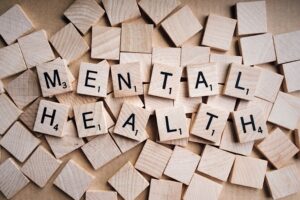Leverage Stress — Build Resilience
When it comes to stress, whether you think it is harmful or helpful, you are right
 Current research shows: If you think stress will kill you, there is a likelihood that it will. If you view stress as helpful, you can become more resilient.
Current research shows: If you think stress will kill you, there is a likelihood that it will. If you view stress as helpful, you can become more resilient.
Change what you believe to be true about stress
Notice how you think and talk about stress. How do you react to other people’s stress? What are the daily messages you get about stress? These reflect your mind-set, or your underlying belief about stress.
Choose your response to stress
There are different types of stress, requiring different types of responses. Your genes and life experiences can shape how you respond. However, genes and history are not destiny. Your brains and body are adaptive. They are will and able to learn new responses. It just takes intentional practice.
Challenge your thinking.
- • When you see obstacles, transform them into opportunities
- • Find meaning in what is stressful.
- • View anxiety as “excitement,” and use that energy to engage.
- • See a stressful situation as a challenge.
- • Choose to find advantage in adversity.
- • Connect with others by getting and giving help.
Resilience is the process of adapting well in the face of adversity, trauma, tragedy or other significant sources of stress. It is a trait that can be learned. Below is a list of some resilience traits. On a scale of 1-10, how do you rate yourself on eahc? Are there any things you would want to be better at? What are you willing to do to make that change?
Resilient people rank high in:
- flexibility, adaptability
- a healthy sense of humor
- optimism and hopefulness
- goodproblem solving skills
- easily asking for help
- open to new ideas
- helping others
- creativity
- goal direacted actions
The bad news: Stress cannot be avoided
The good news: Stress is actually helpful

